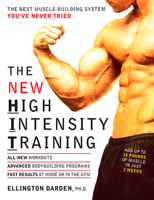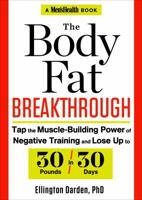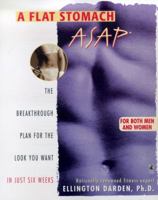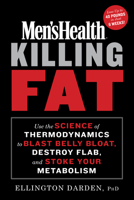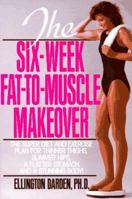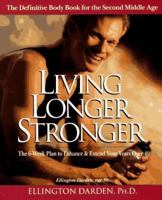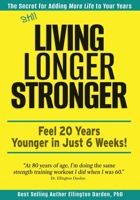The Nautilus bodybuilding book
Select Format
Select Condition 
Book Overview
Customer Reviews
Rated 5 starsexcellent first class
One of the best research facilities is the human mind. Many valid answers regarding exercise can be derived with the use of sound premises and logic.The h.i.t. principles are based on accepted facts. Most of these facts are not new. They have been known to the scientific community for more than 100 years. Arthur Jones and Ellington Darden did not discover or claim to discover any of them. He merely assembled them into a logical...
2Report
Rated 5 starsStill ahead of its time........
......This book was written in the early 70's based off of scientific research of what works and what doesn't in training. It is by far the most forward thinking and logical book on the subject...I treasure my copy for giving me new found focus in my training with results due to high intensity with minimum time..............Needs to be put back into circulation to set all the misinformation aside that exists amoung the...
2Report
Rated 5 starsThe best training book that I have ever read!!!!! Bar-None
This was the most complete and knowledgeable training guide that I have ever read. I lost my copy and am currently trying to find a new one.
2Report












